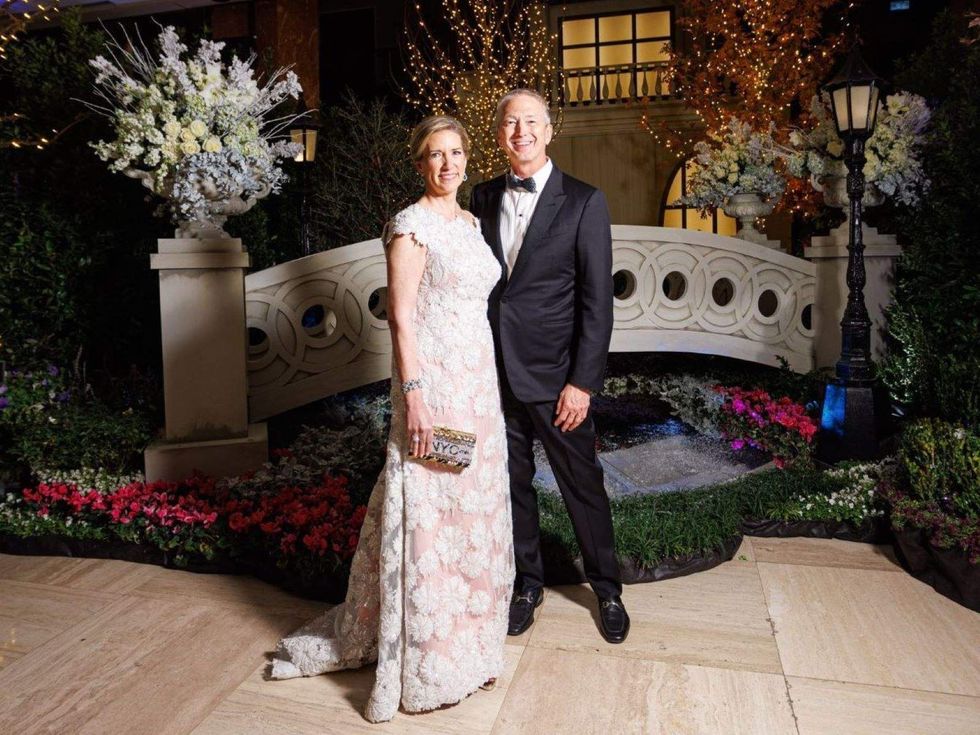Pavilion Interrupted
Irving Music Factory postpones opening due to construction delays

The opening of the Pavilion at the Irving Music Factory has been delayed due to construction issues. The move comes one day before comedian Dave Chappelle's planned appearance on August 31. All shows scheduled through September 6 have been postponed or moved to other venues.
Live Nation, which owns and operates the new venue, explained in a statement that portions of the complex have not been completed in time for the inaugural events. The official opening now will take place Saturday, September 9, with a concert by ZZ Top.
Dave Chappelle's performances, which were to have been on August 31 and September 1, have been rescheduled for October 26 and 27, with original tickets being honored on those dates. The Brad Paisley concert, which was to have taken place on September 2, is not rescheduled at this time, although it also has not been officially canceled.
The Lifehouse & Switchfoot concert has been moved to South Side Ballroom in Dallas, with all tickets being honored there for general admission/standing. The Goo Goo Dolls concert on September 6 has been moved to Starplex Pavilion in Dallas; tickets will be reissued by Ticketmaster Customer Service or can be exchanged at the Starplex Box Office. Refunds also are available at point of purchase.
Jeff & Larry's Backyard BBQ, which was to have taken place on September 3, was previously canceled.

 Crystal Charity Ball 2024 chairman Cheryl Joyner and Richard Joyner.
Photo by Ashley Gongora
Crystal Charity Ball 2024 chairman Cheryl Joyner and Richard Joyner.
Photo by Ashley Gongora